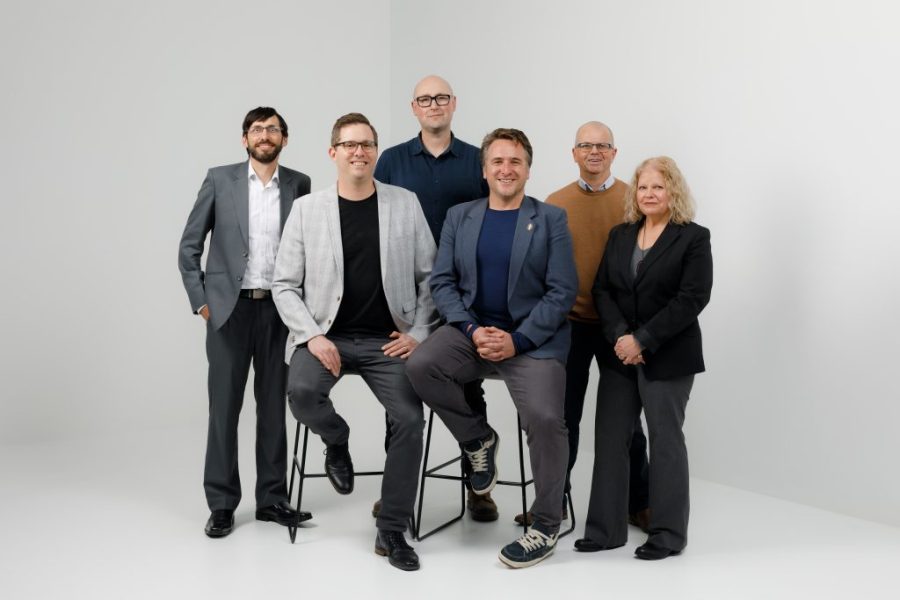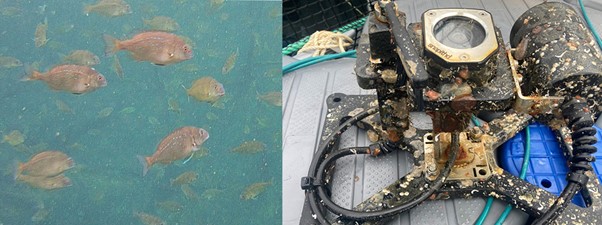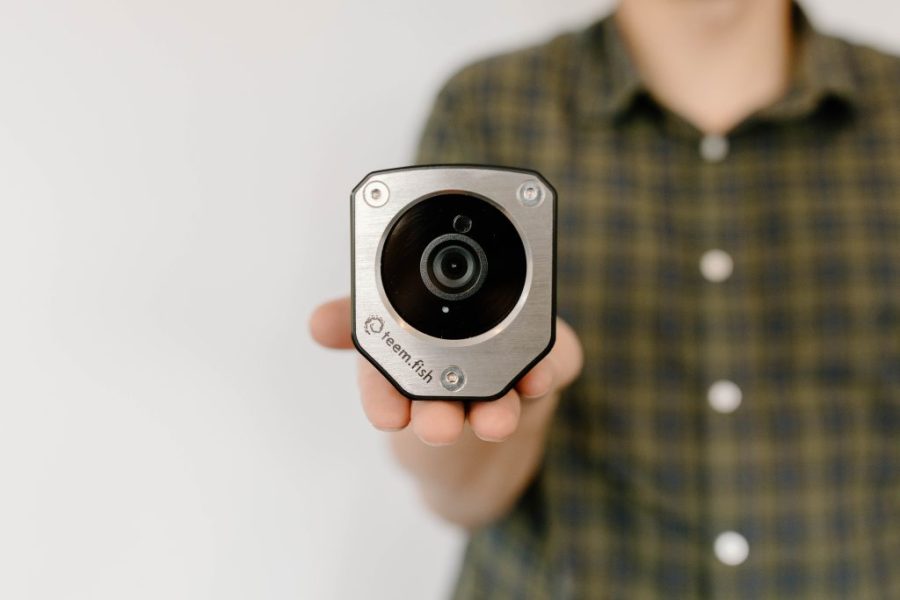
“We’ve proven it’s possible for New Zealand companies to buy international companies even when you’re a small organisation like we are“.
— Chris Rodley, Snap Group
Snap Group is one New Zealand company with huge ambitions. Front and centre on its website is this mission statement: “We want to positively impact the lives of at least one billion people through technology, AI and data capture.”
And it isn’t shy about sharing how it plans to do that: “We develop and grow innovative and transformative companies to inspire and transform the industries they operate in.”
The company has come a long way from Dave Rodley’s garage where his sons Chris and Andrew first started playing around with webcams. Rodley Snr., who worked as an electrical engineer, put a camera on his holiday home in Hanmer Springs so he could keep an eye on the weather from his home in Nelson. It was a bit of novelty back in the early 2000’s, a fact reflected in the $5000 price tag to import the camera from the US.
“It was probably one of the first webcams in New Zealand,” says Chris Rodley, the CEO and co-founder of Snap Group, “but it was a crap piece of kit that took terrible photos. We figured we could do better. We bought a camera for $100, took it apart, hacked it, soldered new stuff onto it and embedded a tiny microprocessor that uploaded data to the web.”
Their high-definition camera caught the attention of tourism operators, MetService, TV3 weather and construction sites. It was while working on a job for ASB in Auckland that Chris stumbled on an opportunity that changed the direction of the company.
“I was up a ladder installing a camera when the CEO of one of the largest fishing companies in New Zealand walked past and said, ‘Can you put that camera on a boat?’” he says.
“We talked to Callaghan Innovation who helped us develop a marine-proof, AI enabled camera and within ten days we pitched to ten fishing companies and haven’t looked back since.”
1 + 1 = 3
The company received a number of 50 percent co-funded grants from Callaghan Innovation worth $2 million, which helped pay for R&D as well as help and guidance from NZTE and the Ministry for Primary Industries (MPI). Callaghan also provided strategic advice and support including project road-mapping, connections to high-end suppliers and helped confirm the company was focusing on the right opportunity.
“The support from Callaghan enabled us to hone our commercial skills, not just the technology and IP that startups tend to focus on,” says Chris. “That was really helpful for us.“The temptation is to think that your product — in our case the camera and the data capability behind the technology — is the star. But actually the customer’s problem should be the star, not your solution. When we’re working with any client or sector the first question we ask is ‘What’s the problem you need to solve?’”
Snap offers GPS tracking, satellite communication, on-board video cameras, and specialises in AI-driven data storage which is capable of identifying fish species, type, and size. By auditing catch limits it enables safe, legal fishing practices that reduces compliance costs and assures the ongoing sustainability of our wild fisheries.
In 2021, the Nelson-based company acquired Canadian partner Teem Fish Monitoring, a fisheries enterprise using advanced electronic monitoring (EM) technology to support fish harvesters to meet their regulatory requirements and ensure the future of sustainable commercial fisheries. Before acquiring Teem Fish, Snap already delivered the majority of Teem Fish’s hardware and software required for its fisheries monitoring systems.
“It made sense to combine our two areas of expertise,” says Rodley. “It will help both companies to scale quicker than they could have otherwise. Using our tech and Teem Fish’s understanding of fisheries, we know we can assist fishermen with a compliance solution, but also take that data and repurpose it for business intelligence.”
“The real benefit comes from empowering fishermen to make changes to their business. The value isn’t the camera or the data; it’s what you can do with the data. Good information leads to good decisions. If we know how many fish there are in the ocean we can set appropriate fishing levels so our children and grandchildren can eat fish from the ocean when we’re gone.”
Acquire and conquer
Snap Group closed an investment round with high-net-worth individuals in early 2019 to finance the acquisition of Teem Fish and the company is planning a Series A round in 2022 to pursue additional acquisitions as part of a long-term strategy.
“Our focus is not on acquiring companies,” says Rodley. “Our focus is gathering data and using that data to form a connection between the consumer and the producer. The existing food ecosystem is broken. It was exposed by the pandemic where you had fishermen with hundreds of thousands of dollars of product sitting on wharves in the US.”
“Consumers are already demanding local products and they want to know the story behind the food they consume. They want transparency and certainty that the food on their plate is farmed or fished sustainably. We want to change how the world produces and consumes food.”
Rodley knows it’s a goal that’s too big to tackle on their own. As of July 2022, the company was in negotiations to add two more companies to the Snap Group portfolio.
“We’re targeting companies with a ready made team in our target sector delivering products to the market, with a desire to grow, and some limitations in their technology,” says Rodley. “When we incorporate the tech and AI that Snap has developed into a new business, then it’s much easier to scale. I’m looking for competent teams that are already executing really well, that are passionate about the sector they’re in, and want to work with us.”
Relationship building is the key to a successful acquisition strategy, says Rodley.
“We didn’t just jump on TradeMe or eBay and put in a bid for Teem Fish. It was a relationship that started back in 2012 and it was built on trust and getting our feet on the ground overseas. Sometimes you have to climb a ladder to get business. And sometimes you have to go overseas to meet new partners. I think we’ve proven it’s possible for New Zealand companies to buy international companies even when you’re a small organisation like we are.”

